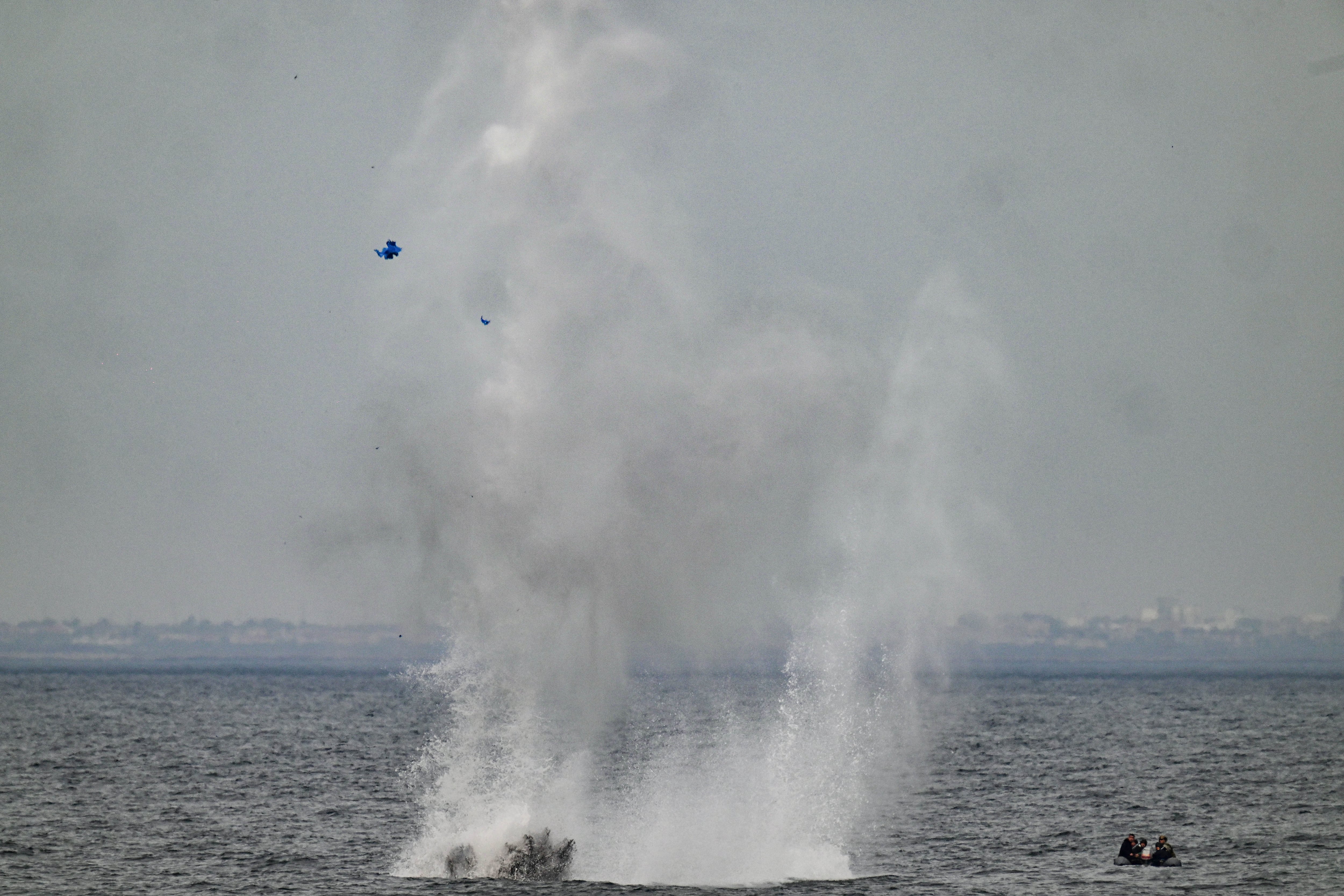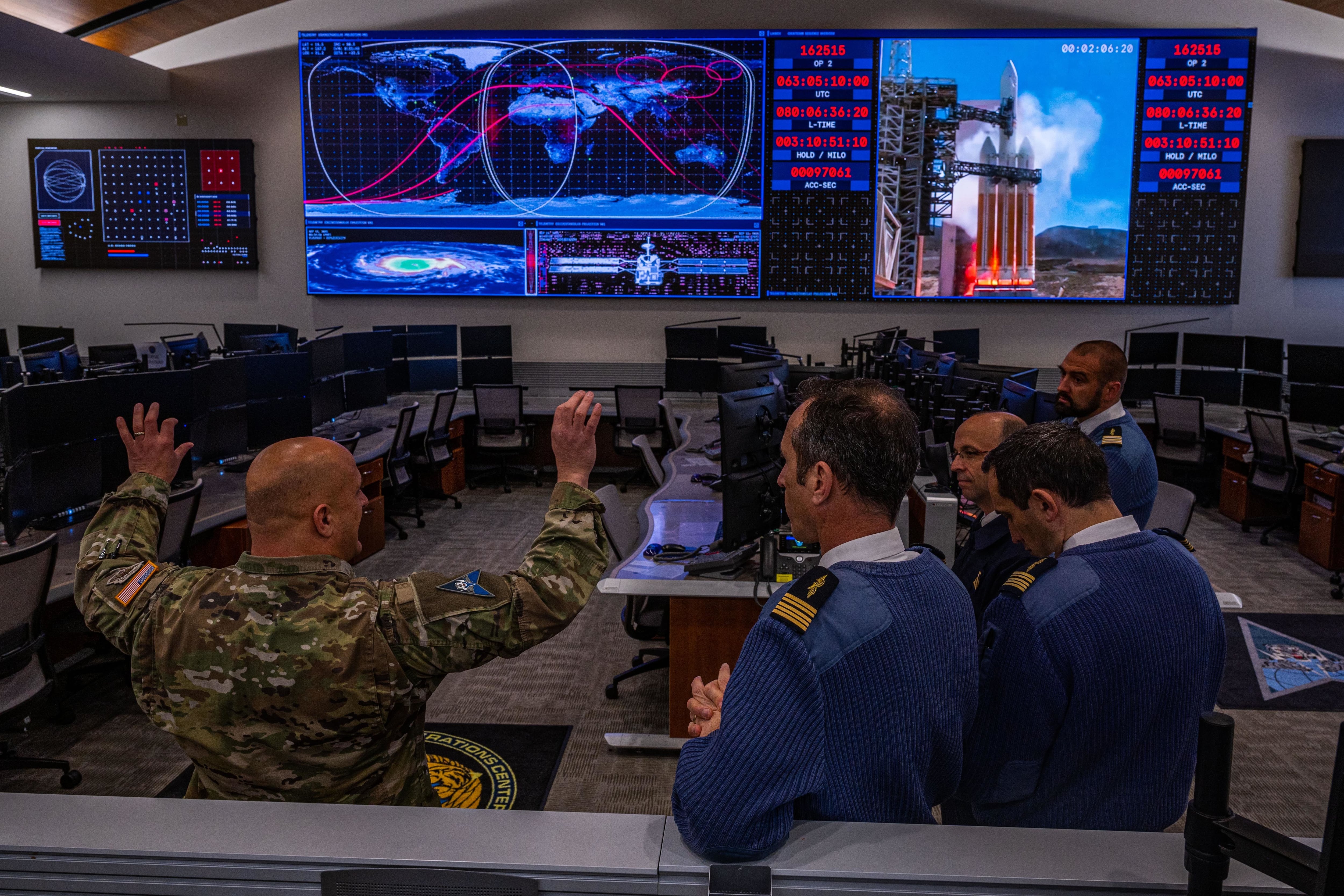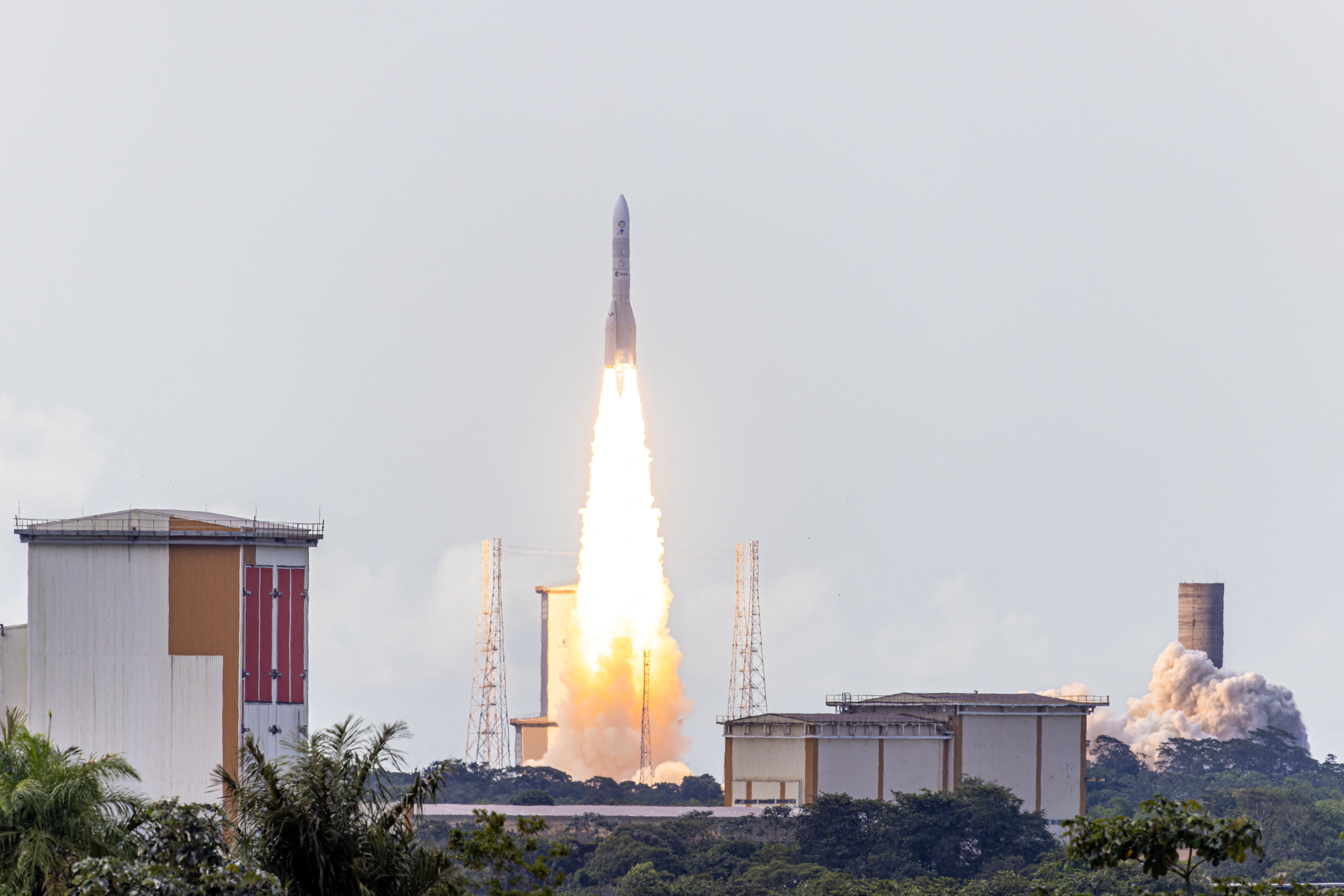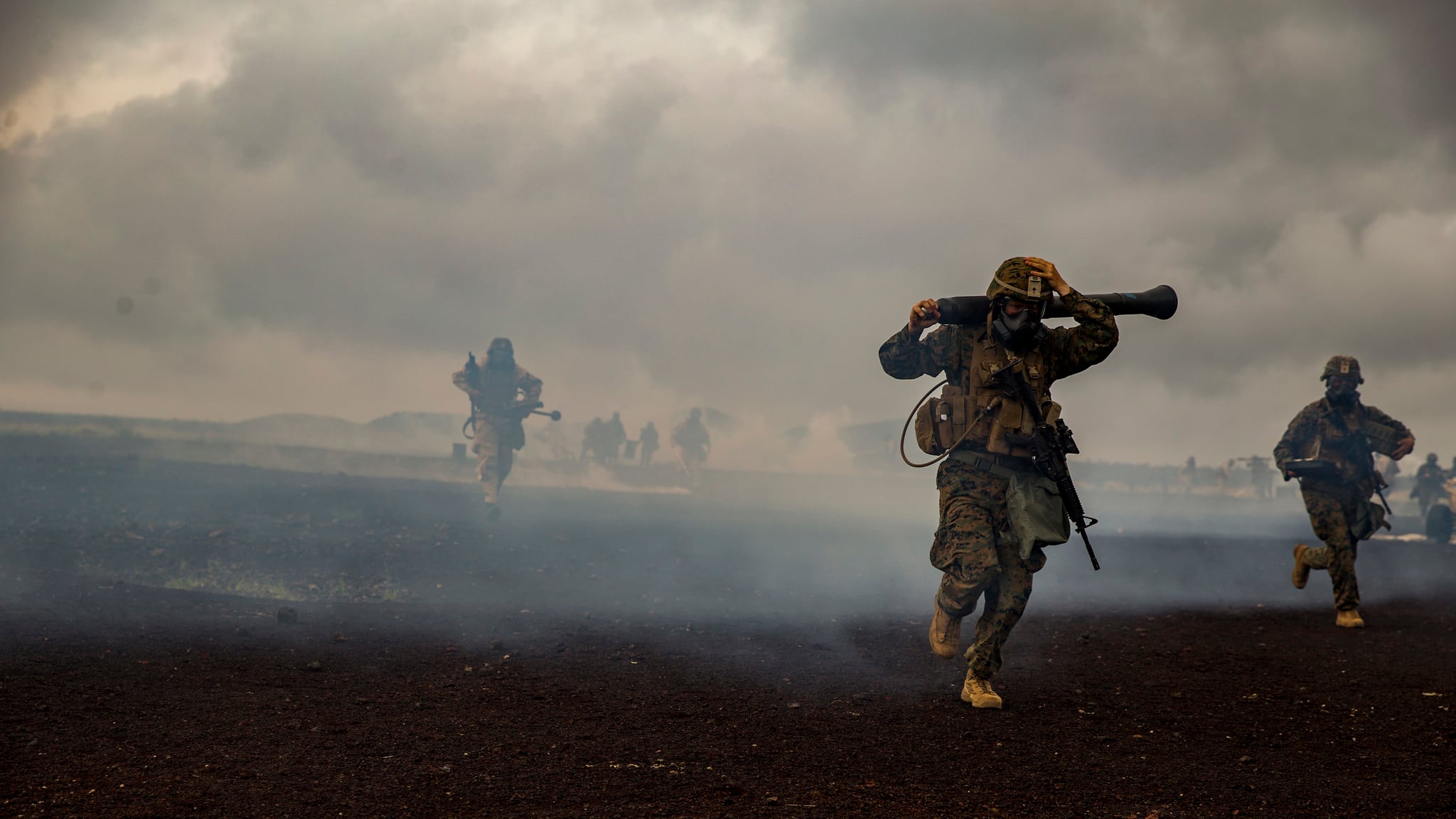WASHINGTON – The US Air Force has barred a retired general from business dealings with the Pentagon through Feb. 1, 2016, following an investigation by the General Counsel’s office over ties to a failed airship contract.
The decision to debar the Deptula Group, led by retired Lt. Gen. David Deptula, came after a three-year review by service investigators.
Deptula, who helped plan the US air strategy for the invasions of Afghanistan and Iraq, is an outspoken, popular figure who appears regularly in media outfits such as Defense News to opine on matters of air power and military reform. He leads the Air Force Association's Mitchell Institute, and could be a potential successor to AFA President Craig McKinley, who announced this week he is stepping down to take a new position.
The issue revolves around whether Deptula violated post-government employment restrictions on lobbying for industry. After his retirement from the Air Force on Oct. 1, 2010, Deptula started the Deptula Group as a consulting firm.
One of his clients, a small company known as MAV 6, was pushing an airship solution for intelligence, surveillance and reconnaissance (ISR) needs. As the former point person in the service for ISR, Deptula had worked on the project, known as Blue Devil Block 2.
Government regulations place restrictions on former officials lobbying for programs they dealt with while in the service; those restrictions last for the life of the program. Blue Devil Block 2 was not an official, active program while Deptula was serving, yet he was an advocate for the concept during his time in the ISR office. That was apparently enough for the counsel's office to believe he broke post-retirement rules.
The General Counsel alleged that Deptula discussed the program with several Pentagon officials despite that prohibition, including directly contacting the undersecretary of the Navy and the commander of US Central Command regarding the program. While the post-retirement rules focus on communications to Air Force officials, the GC found this problematic.
The report says Deptula had multiple communications with the GC's office regarding what he could and could not discuss post-retirement.
While not directly affecting the GC's decision, investigators said Deptula possessed 125 classified documents, some of which dated back to 1998. In his response to the GC's office, Deptula said he was unaware of those documents.
Rodney Grandon, deputy general counsel, concluded in his findings that debarment of the Deptula Group "is in the public interest and necessary to protect the government's interests."
In a statement, Deptula pledged to fight the General Counsel's findings.
"I strongly disagree with the Air Force General Counsel decision," Deptula said. "It contains inaccuracies and selectively excludes several important facts. I intend to appeal it.
"My actions have always been made in the best interests of the United States."
Service spokeswoman Ann Stefanek emphasized in a statement that Deptula's "improper conduct" occurred after he left service.
"The Air Force has very clear standards governing acceptable behavior," Stefanek said. "Where alleged inconsistencies exist, inquiries or investigations take place to determine if wrongdoing is present. Each individual maintains personal accountability for their actions."








